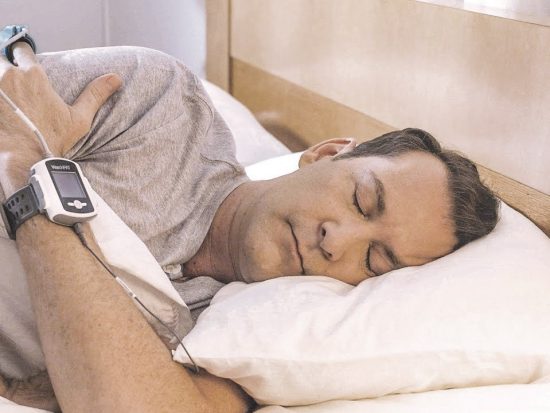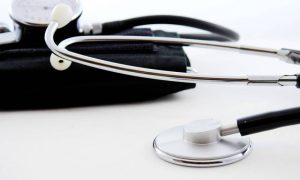We are all aware that the current COVID-19 pandemic has irrevocably transformed life as we know it. Countless individuals have been forced to remain in their homes for extended periods. Businesses are now indefinitely closed, and entire nations are locked down.
Government Guidance on corona virus
While there is no doubt that these steps will help reduce the outbreak’s severity, there are still risks. This is why adopting a handful of healthy practices can make all the difference in the world regarding proactive detection and prevention. Let us take a look at what the medical community has to say.
Risk Factors and Common Symptoms
While there is no doubt that COVID-19 can indeed affect everyone, certain individuals are at a higher risk of developing potentially severe or even life-threatening conditions. This demographic includes:
- Those over 60 years of age.
- Underlying conditions such as obesity, high blood pressure and heart disease.
- Anyone who has previously been diagnosed with a respiratory disease, including asthma and emphysema.
It, therefore, stands to reason that these individuals should be particularly vigilant. Part of this awareness involves spotting some of the primary symptoms linked to coronavirus. These have been found to include:
- A fever and a dry cough.
- Muscular aches and pains.
- Headache and fatigue.
- Difficulty eating, drinking or breathing.
- A loss of taste and/or smell.
However, remember that these same symptoms could be associated with other conditions. This is why it is critically important to contact your doctor if you develop such conditions or you suspect that you have been exposed to someone who could be infected. Taking a proactive approach will often determine the length and severity of its duration.
What To Do if You Have Become Infected
Experts recommend that anyone exhibiting mild symptoms should self-isolate and remain at home. This will help to ease the burden on public health facilities.
Those with a fever or aches can take acetaminophen to reduce these symptoms, while other techniques, such as applying cold compresses, may help reduce a fever. Avoid taking ibuprofen if you think you may have COVID-19.
Of course, it is also wise to use a face mask or even a scarf so that others are not inadvertently infected.
Be sure to drink plenty of liquids to remain hydrated and consume healthy foods. Those who have been diagnosed with sleep apnoea should rest on their stomachs during the overnight hours, as this will allow the airways to remain open.
One important point to mention involves the second week of the illness. Some will begin to feel better only to witness their condition beginning to deteriorate once this time has elapsed.
This could signal that a more serious situation (such as pneumonia) is developing. A doctor or medical professional should be contacted immediately if they begin to noticeably decline after the illness had initially seemed to abate.
Healthy Techniques to Embrace
While most of those who become infected with coronavirus will eventually recover, appreciating the primary symptoms and those at a higher risk of developing serious complications is important.
This is when vigilance will come into play, especially if you happen to have an underlying condition such as OSA. The same holds true if a friend or family member happens to have fallen ill.
Knowing which symptoms could signal a turn for the worse can make all of the difference in the world during these trying times. Although there is no doubt that this outbreak will pass, it is our responsibility to remain proactive for the time being.







